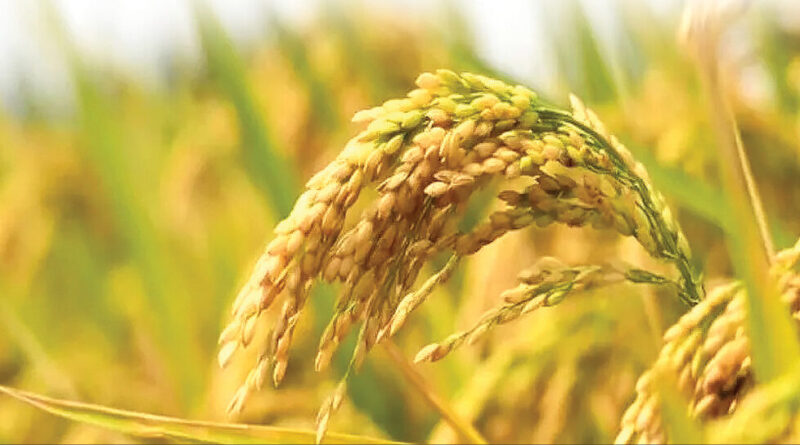Punjab sees bumper rice produce despite floods, courtesy short-duration varieties
Punjab has recorded a bumper output of paddy and basmati crops even as the kharif season 2023-24 was marred by floods during July and August last year.
Data from the Punjab Mandi Board says production of both types of rice to date was 212.31 lakh tonnes which was 3% more than what was recorded the year before.
The total production of basmati and non-basmati was pegged at 206.28 lakh tonne in 2022-23.
The procurement of non-basmati by government agencies — for free distribution to underprivileged sections — ended in November. Aromatic varieties of basmati are purchased by private players.
Punjab agriculture director Jaswant Singh did not respond to calls.
Officials of the state agriculture department and farm experts attribute higher production, despite floods, to use of short-duration varieties and increased area under basmati.
Official data says till January 19, different mandis across the state registered the arrival of basmati rice at 26.45 lakh tonnes. It was 13% higher than the 2022-23 season when Punjab recorded a total arrival of 23.32 lakh tonne.
In the 2022-23 kharif season, Punjab’s non-basmati production was 182.96 lakh tonnes which increased to 185.86 lakh tonnes in 2023-24.
The increase in the yield of rice came despite the state seeing floods soon after the crop was sown. The floods had wreaked havoc in various districts including Patiala, Sangrur, Rupnagar, Jalandhar, Ferozepur and Fatehgarh Sahib during paddy sowing season, thus causing extensive damage to the crop on about 85,000 hectares.
GS Mangat, the additional director, research (crop improvement) at Ludhiana-based Punjab Agricultural University (PAU), said on Friday that farmers then had to resow the kharif crop with growers taking to PR 126, a short duration paddy variety, and PUSA Basmati 1509 which benefitted them immensely.
“This time, the yield was high as farmers switched to varieties that take almost one month less time. In 2023-24, the area under basmati was enhanced to 6 lakh hectares which was almost one lakh hectares higher than the previous season,” he said.
PAU principal agronomist MS Bhullar said the short-duration varieties saved farmers from economic devastation and helped the ‘food basket’ state in fulfilling the commitment of supplying the targeted quantity of paddy to the central pool and generating revenue amid a serious challenge from the natural disaster.
This article has been republished from The Hindustan Times

